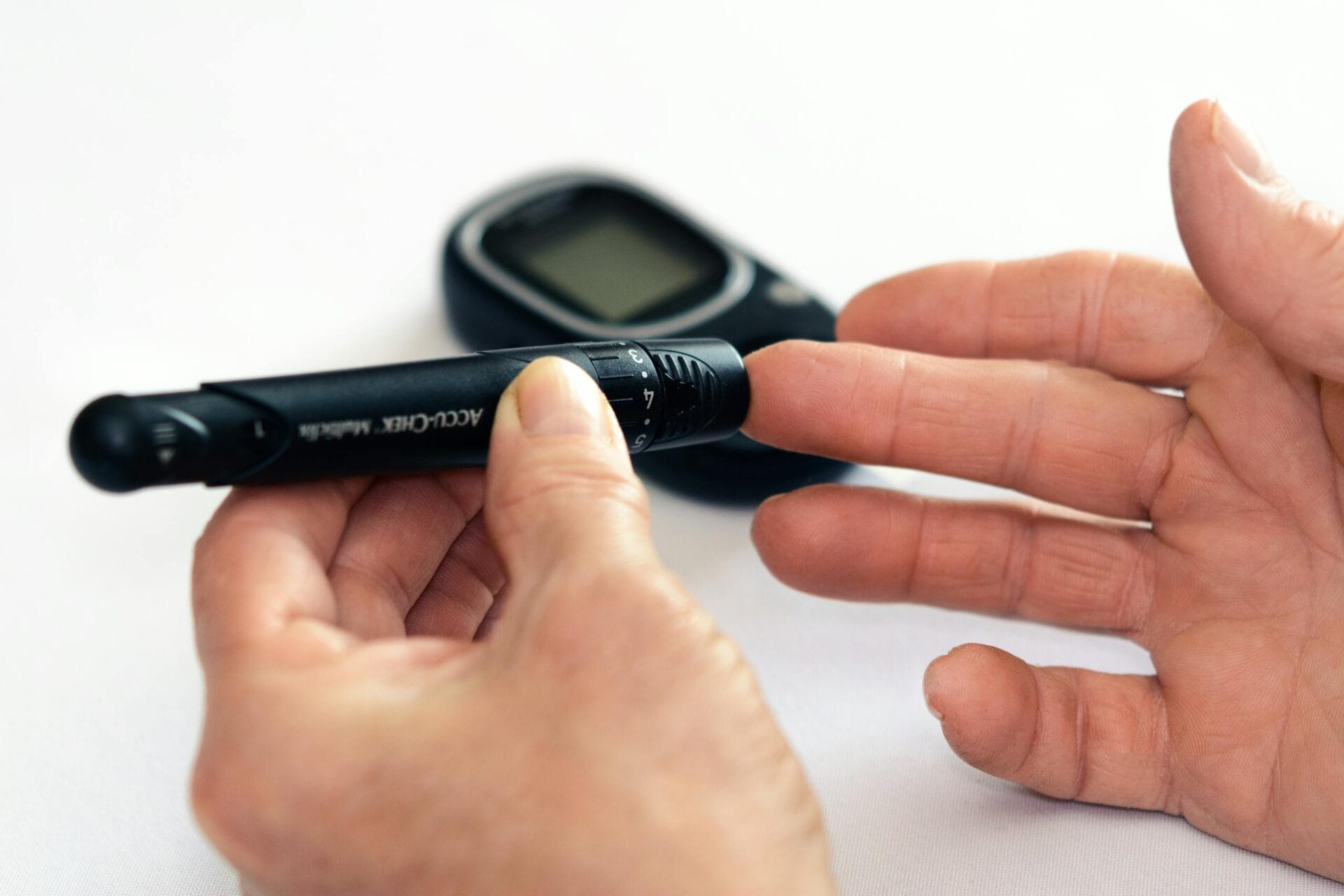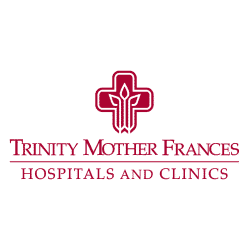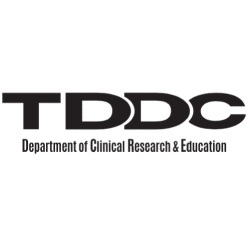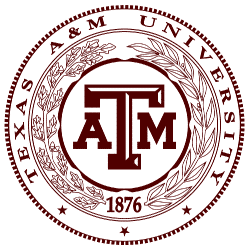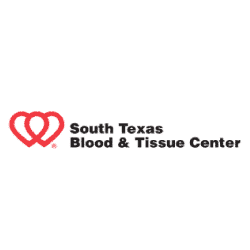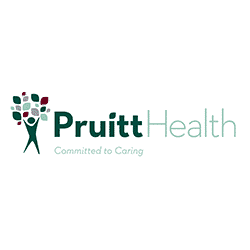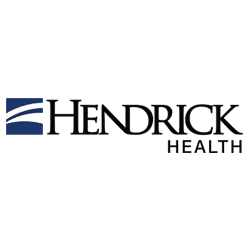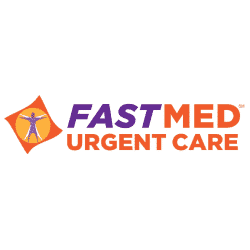How to Ensure Compliance with Medical Waste Regulations for Home Healthcare
In home healthcare, medical waste management is not just about safety. It’s about compliance. Following the correct procedures for handling medical waste ensures your organization remains within legal boundaries, reduces risks, and protects your patients, staff, and the environment.
Understanding the regulations you need to follow is crucial. In this article, we’ll break down the key regulations for home health organizations, including Occupational Safety and Health Administration (OSHA) and Health Insurance Portability and Accountability Act (HIPAA) guidelines, and explain how you can stay compliant.
Understand Key Home Health Regulations
Home health organizations must comply with various regulations to ensure proper waste disposal. Some of the most important regulations you’ll need to be aware of include OSHA standards and HIPAA. These rules are in place to protect both staff and patients from risks associated with medical waste.
Here’s a breakdown of the essential laws:
- OSHA: OSHA provides safety standards for the handling and disposal of sharps and other biohazardous waste. These guidelines help prevent injuries and exposure to harmful pathogens.
- HIPAA: HIPAA primarily governs patient privacy but also applies to the disposal of patient records. Ensuring physical and electronic records are properly destroyed is part of your compliance duties.
Safely Manage Sharps and Biohazardous Waste
Sharps and biohazardous waste pose particular risks in home healthcare settings. Sharps, such as needles, syringes, and lancets, can cause injuries and infections. Meanwhile, biohazardous materials, such as blood-soaked dressings, can carry harmful pathogens.
Safe disposal is not just about preventing harm. It’s required by law. Follow these guidelines for sharps and biohazardous waste disposal:
- For sharps:
- Use puncture-resistant containers: Always dispose of sharps in approved, leak-proof containers. These should be available in all areas where sharps are used or discarded.
- Seal containers promptly: Once the container is full, close it tightly and dispose of it through a licensed waste disposal service.
- Ensure proper training: Train staff on the safe handling of sharps, including where and how to dispose of them.
- For biohazardous waste:
- Color-coded containers: Use clearly marked containers for waste contaminated with blood or bodily fluids. These containers must be securely sealed and handled according to OSHA guidelines.
- Transport safely: Ensure biohazardous waste is transported to disposal facilities securely to prevent exposure during transit.
Adhere to Pharmaceutical Waste Disposal Regulations
Pharmaceutical waste is a major concern in home healthcare, especially controlled substances. Drug Enforcement Administration (DEA) regulations require special handling of controlled substances to prevent diversion and misuse.
Expired or unused medications, including controlled substances, must be disposed of properly. Here are the best practices for pharmaceutical waste disposal:
- Use approved disposal methods: Work with a certified provider that offers DEA-approved disposal programs for controlled substances. Take-back programs or incineration are the most secure methods for these materials.
- Keep records: Maintain detailed records of all pharmaceutical waste disposal, including the types of drugs and disposal methods. This ensures compliance with DEA regulations.
- Educate staff: Ensure all team members understand the importance of correct pharmaceutical waste disposal. Proper training prevents errors and ensures that waste is safely and legally handled.
Implement Regular Training and Audits
Training is key to maintaining medical waste compliance in your home healthcare organization. Educating your staff on proper disposal procedures for sharps, pharmaceutical waste, and biohazardous materials helps ensure everyone knows how to handle waste safely.
In addition to training, regular audits help identify potential compliance issues before they become problems. Here’s how to stay on track:
- Provide regular training: Offer ongoing education on waste segregation, handling procedures, and regulatory requirements. It keeps your staff informed and prepared.
- Conduct waste disposal audits: Regular audits allow you to track waste disposal practices and ensure all procedures are followed correctly. It can help identify areas for improvement and reduce the likelihood of non-compliance.
Partner with a Reliable Medical Waste Disposal Provider
To ensure full compliance with medical waste regulations, partner with a reliable waste disposal provider. A licensed provider understands the complexities of OSHA, DEA, and HIPAA regulations and can offer tailored solutions for your organization’s waste disposal needs.
Here’s why a trusted provider is essential:
- Regulatory compliance: A certified provider ensures that your waste is disposed of according to all relevant regulations and helps reduce the risk of fines or penalties.
- Secure waste disposal: A reliable provider offers safe, secure, and timely waste disposal, including emergency services in case of spills or accidents.
- Ongoing support: Partnering with a reputable provider ensures you have the support you need to stay compliant, with regular pickups and training resources available.
Medical waste compliance is essential to ensure the safety of staff and patients while adhering to home health regulations. Properly disposing of sharps, biohazardous materials, and pharmaceutical waste reduces risk, prevents legal issues, and keeps your organization compliant.
For more information on compliant medical waste disposal practices, contact Medsharps.

